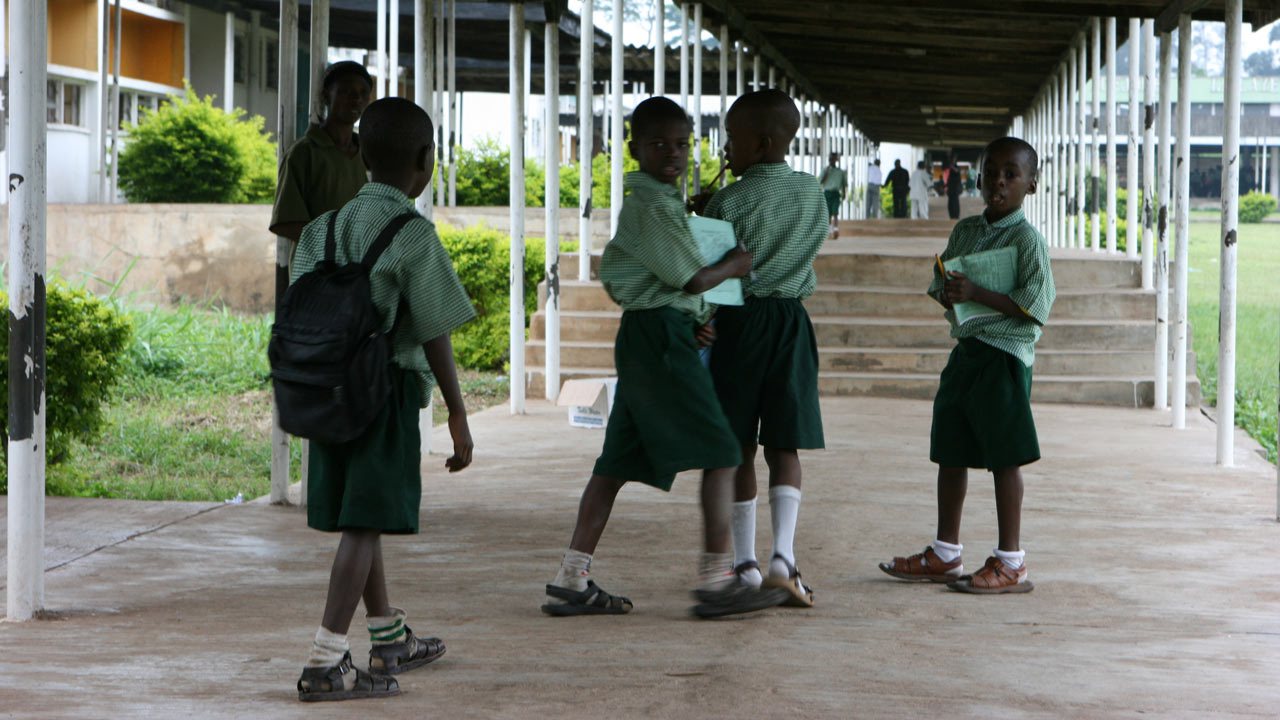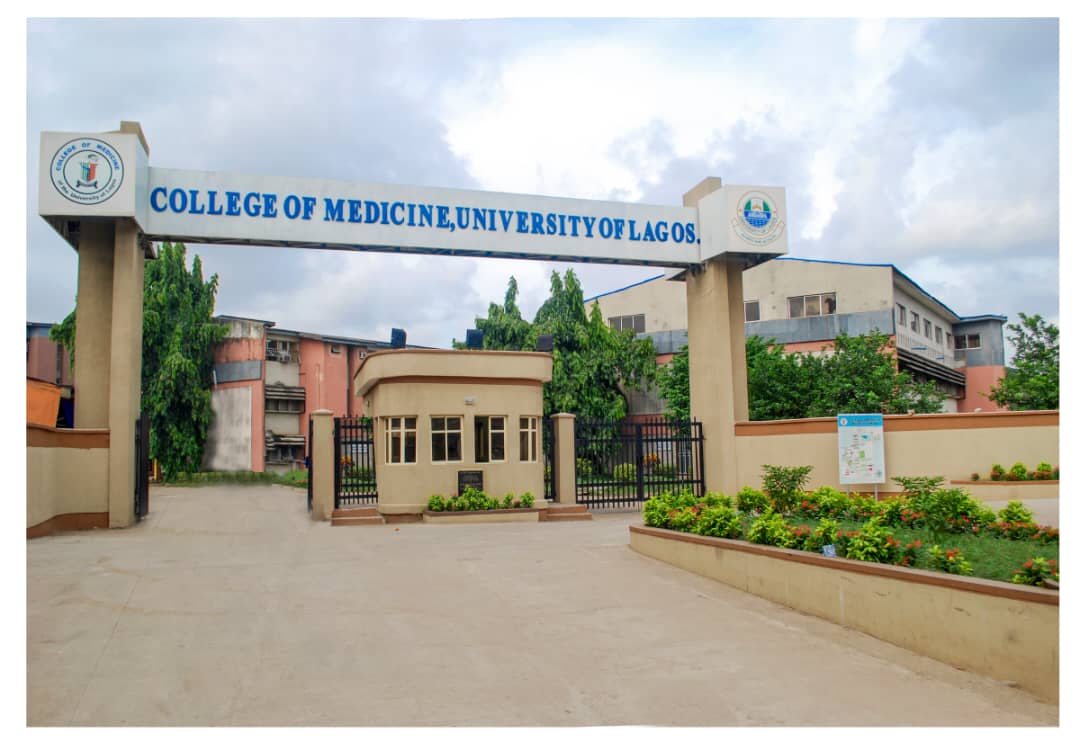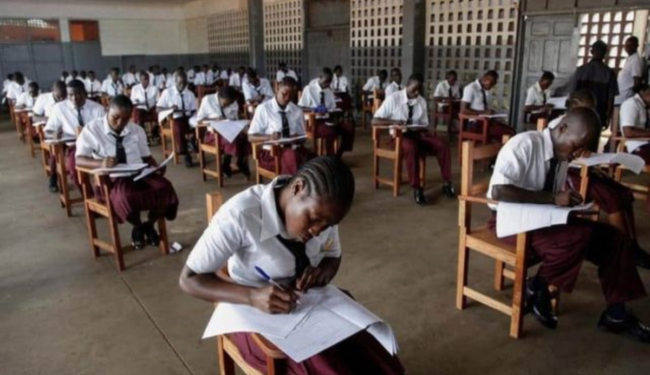Stakeholders have called for the development of a national Artificial Intelligence (AI) policy framework to ensure its speedy integration into education.
Also, to advance AI integration in vocational and entrepreneurship education, the experts called for investment in digital infrastructure, capacity building, and a focus on research and innovation.
They made the call at the first National Conference of the College of Vocational and Entrepreneurship Education (COVED), Lagos State University of Education (LASUED), Oto-Ijanikin, Lagos.
The four-day event, held at LASUED’s Epe Campus, brought together academics, policymakers, researchers, students, entrepreneurs, curriculum developers and others from across the country to critically examine how AI can aid sustainable development.
At the event, stakeholders advised the federal government to review the curriculum on vocational and entrepreneurship education, so as to incorporate AI-related skills, data analysis and digital entrepreneurship.
They also enjoined the federal government to provide inclusive access and bridge the gender gap, while also urging institutions to embark on strategic industry partnerships and mentorship initiatives.
In a communique signed by Chairman, Communique Committee of the conference, Dr Adeyemi Patrick, stakeholders noted that Nigeria, as a country striving towards a digital economy, must act decisively to embrace AI as a catalyst for educational reform and youth empowerment.
“If appropriately harnessed, AI will not only redefine the future of learning and enterprise in Nigeria, but also position the country as a regional leader in vocational excellence and entrepreneurial innovation,” he said.
In his keynote address titled: ‘Education in the 21st century: Artificial Intelligence and other technological disruptions, implications for teacher education,’ immediate past Registrar of Teachers Registration Council of Nigeria (TRCN), Prof. Josiah Ajiboye, said this is the time for innovation in education.
He defined contemporary education as personal, flexible, and characterised by practical applications.
The Vice-Chancellor, Prof. Bilikis Lafiaji-Okuneye, who was represented by Head of Epe Campus, Prof. Olumuyiwa Viatonu, urged participants to embrace innovation and create tangible solutions that reflect the belief that “the hands that build, the minds that create, and the spirits that innovate are the true assets of the nation.”






